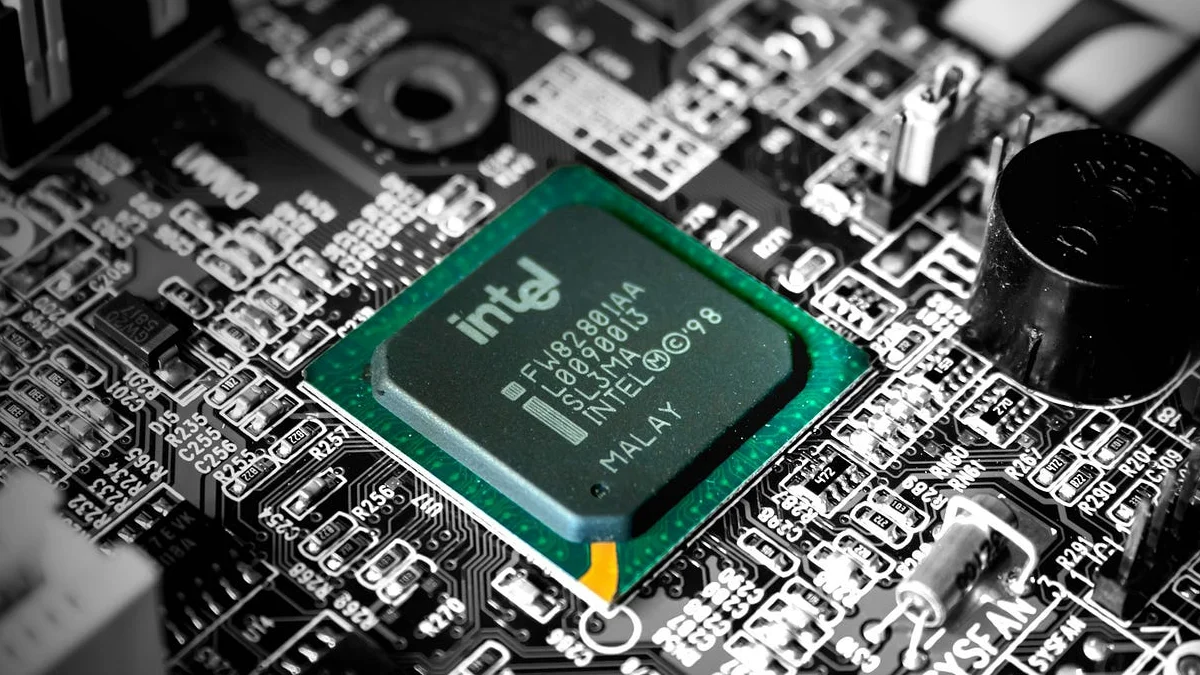Necessary Always Active
Necessary cookies are required to enable the basic features of this site, such as providing secure log-in or adjusting your consent preferences. These cookies do not store any personally identifiable data.
|
||||||
|
||||||
|
||||||
|

An Intel breakup could push the company’s valuation to over $200 billion, Yahoo Finance has reported. Rivals in the chip manufacturing industry are exploring deals that could spit the company.
Taiwan Semiconductor Manufacturing Company is looking to control Intel’s chip manufacturing plants. A Broadcom acquisition could reportedly see the company take over Intel’s chip design and marketing business.
Analysts say that Intel’s breakup could maximize the company’s value in favor of shareholders who have suffered for a considerable period of time. Mark Lipacis, an analyst with Evercore said that based on his conservative analysis of the company, its value could be about $167 billion. This is equivalent to $38.24 per share.
Lipacis says the company’s value could shoot to $237 billion or $54.18 per share. This value is based on a robust analysis of the financial performance for each Intel business. He however says a deal at this valuation could be difficult to close.
“Depending on how a deal is structured, it might require regulatory approval from countries around the world, including China. Also, Intel has historically designed its factories to make x86 CPUs, so it is not clear if Intel’s factories would be able to make external chips efficiently with its current physical plant. Finally, Intel’s foundry business reported a 76% operating loss in 2024, vs Taiwan Semiconductor’s 45% operating margin,” Lipacis said.
On Friday February 14, Intel shares prices stood at $23.60, about 50% less than the price last year. Intel’s stocks have lost 65% of their value over the last year. The company’s current market capitalization is $102 billion.
Analysts from Bank of America, Bernstein, and Raymond James also weighed in on Intel’s corporate breakup and the challenge it presents. The analysts have raised concerns over antitrust issues and regulatory challenges.
Vivek Arya, an analyst at Bank of America said an Intel split would be complex and time-consuming. Arya also says that acquisition deals involving Intel’s chip production business and Taiwan Semiconductor Manufacturing Company would be constrained tightly by the rules underlying Intel’s Chips Act funding. Intel is expected to maintain ownership of over 50% of its foundry business under those rules.
The US government “could be wary of a foreign entity completely taking over an iconic US-firm that has deep involvement with US Department of Defense customers,” Arya added.
In September last year, Intel received $3 billion in government funding to produce chips for the US military. Some analysts say that the Trump administration could find a way around a TSMC-Intel deal.
“A better outcome for the US government would be to work with TSMC separately to expand its US manufacturing footprint,” Raymond James Analyst Srini Pajjuri stated in a note.
Broadcom is a better place to acquire the product business at Intel, Bernstein analyst Stacy Ragon wrote in a note on February 18.
“Hock Tan [Broadcom CEO] has shown the ability to take a hatchet to costs, ruthlessly, while still preserving innovation,” Rasgon wrote.
Intel has had a rough ride over in recent months to a point of parting ways with its former CEO, Pat Gelsinger last December. Gelsinger worked aggressively to turn the chip manufacture around for over three years. His turn-around strategy included reducing Intel’s workforce, building foundry business, securing Chips Act funding, and reducing spending.
Before his departure, Gelsinger had promised that Intel would manufacture fast AI chips to compete with rivals like AMD and Nvidia. Upon releasing Gelsinger, the Intel board appointed former Client Computing head Michelle Johnston Holthaus and CFO David Zinser to serve as co-CEOs on an interim basis. Holthaus also serves as the CEO of Intel Products. Intel is likely to tap a big name outside the company to fill the CEO slot.
The new CEO will have to work hard to rebuild investor confidence after the giant tech company missed its financial targets. The CEO will also be expected to decide on Intel’s foundry business and explore possibilities of splitting the company to drive shareholder value.